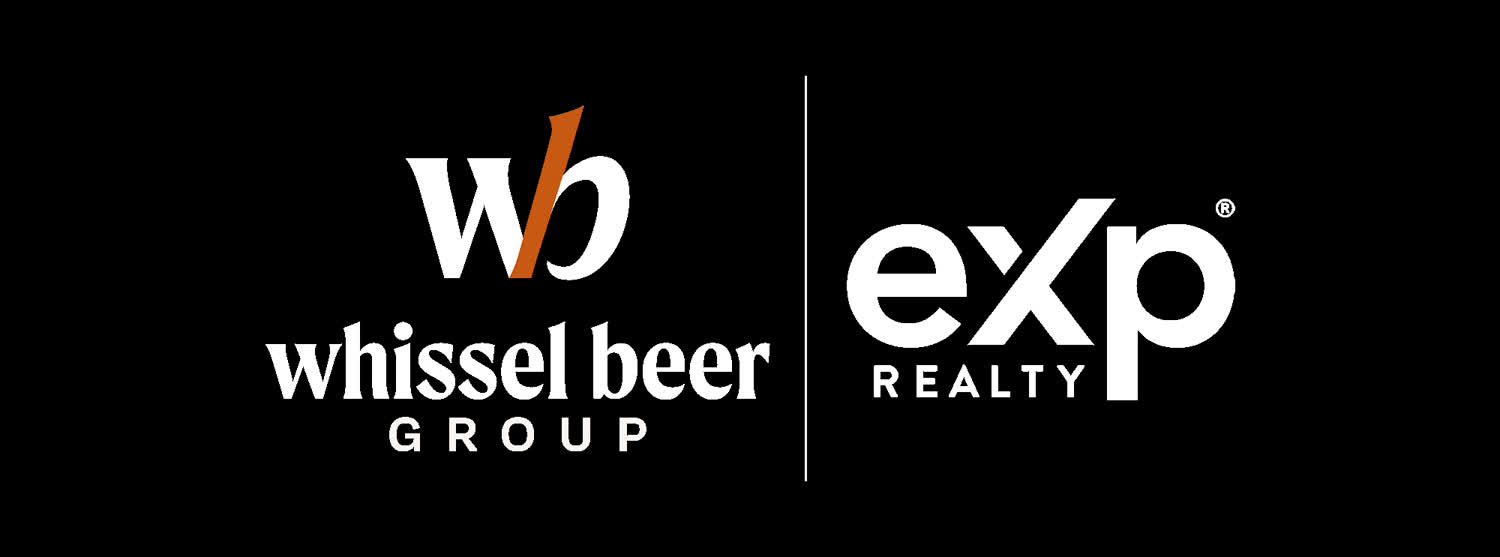The home buying escrow process can be confusing, but we've compiled a 10-step guide in order to walk you through it. Without further ado, let's get to it.
Step one of the escrow process is sending in your initial deposit into escrow, also referred to as the EMD. The timeline to get this deposit in is three days and there are three ways you can do this: Mailing the check in, dropping the check off to escrow, or wiring it to escrow. If you prefer to wire the funds over to escrow, let Rosie, our closing coordinator know. She will send you the wiring instructions and you can get that deposit in.
Now that you have the deposit sent in, step two is meeting with your lender. They are the ones giving us the funds to get the deal closed, so you want to meet with them right away. They are going to need a lot of updated documentation, including pay stubs, bank statements, and tax returns. Making mistakes at this point can kill the entire deal. Always consult the do's and don'ts of escrow list (which can be found below) and consult us or your lender if you have any questions.
Step three in the process is getting a home inspection. Below, here are three home inspection companies we have used and trust, along with their contact info and some sample reports. I encourage you to take a look at those, and do your own research to determine which one you are most comfortable with, and give us a call to let us know and we'll help coordinate that inspection. Depending on the size of your home, you're looking at a cost of anywhere from $300-$600. The purpose of your home inspection is to see if there are any major issues with the home. Home inspectors will look at everything from the plumbing, electrical, roof, foundation, you name it. It's not uncommon to find 10 or more issues in a home. It's important to know the seller is not obligated to fix any of those things, but in San Diego it's relatively customary for the seller to fix major things like plumbing, roof, foundation, or electrical issues. The good thing is you've got Whissel Realty on your side, and negotiation is what we do.
Time for step four, getting your appraisal scheduled. Give your lender a call, let them know you are ready to move forward with the appraisal. The cost of the appraisal is typically around $500 and the lender will typically ask for your credit card info so they can get that appraisal ordered. The purpose of the appraisal is to have someone go out to the home, do a walkthrough, take measurements, and put an appraisal report together. This whole process usually takes about a week, and the appraisal will put a value on your home. The purpose of the appraisal is for the lender to make sure the home is worth at least what you're buying it for. If the appraisal comes in low, the bank won't give you a loan, and it opens up a new round of negotiations. Our job at Whissel Realty is to get that price lowered to where the appraisal is at. Conversely, if the appraisal comes in high, score for you! You are walking into $100,000 plus in equity. That's how the appraisal process works, so call your lender and give them the green light to get it ordered!
Step five starts with ordering homeowner's insurance, which insures your home against any kind of disaster that might happen like a flood or a fire. Below are three companies we have used in the past to provide homeowner's insurance. If you have your own insurance person, talk to them and at least one of the people on the list below to make sure you're getting the best deal. If your insurer has any questions about the home you might not know the answer to, feel free to give us a call and we'd be happy to answer any questions. In addition to the homeowner's insurance policy, you will need a home warranty as well. A lot of times we can negotiate for the seller to pay for this, but it doesn't always happen. A home warranty will cover you if you run into any small issues in the home. The deductible is usually around $100, then the home warranty company will pay the remaining balance to get those repairs done. The cost of a home warranty can range from $300-$800. There are three home warranty companies that we know and trust, so if you are interested in getting a home warranty on your home, let Rosie our closing coordinator know and she can set that up for you.
Time for step six. As we mentioned before, big issues may come up in the home inspection. If there are major issues that came up, this is the point where we are going to address them in a request for repair, where we can ask sellers to make repairs based on that home inspection. The seller is under no obligation to make those repairs, but you have some of the best negotiators around on your side, fighting on your behalf to get those repairs done. This is also where we would address any issues with the appraisal. Give us a call so we can discuss this, and decide if it's necessary to do a renegotiation at this point.
Step seven is one of the most important parts of the process. This is where the seller asks you to remove contingencies on the home. Once you remove your contingencies, that initial deposit, or EMD, becomes non-refundable. You want to make sure you've done all your investigations and you're 100% confident moving forward with the transaction at this point. This means your lender has done everything including, fully approved your loan, addressed any repairs. We want to make sure are all done so you are confident and ready to move forward and close the deal. If everything sounds good, we will have Rosie send over a contingency removal form. Once you sign that, that's your declaration you've done all your investigations, you are moving forward, and ready to close the deal. Let us know, and we will get that out to you.
We are almost there. Step eight is signing your loan docs. At this point, we are within a week of closing escrow on your new home. Your lender will send loan documents over to the escrow company and they will coordinate a notary to come meet you at your house, or you can sign your documents in the escrow documents. Typically, you are looking at about an inch thick stack of documents and it's the notary's job to review all of those documents with you. If you have any questions on those loan documents, reach out to your lender because they are the best-suited person to answer questions that might come up in there. Once you get that done, you are within one week of closing.
Time for step nine in the escrow process, funding the loan. There are two parties that are funding the loan. One is the lender. They have reviewed everything, requested updated documents, and once they have everything they need they are going to send their funds into escrow. The other part is you sending your funds into escrow. If you are doing a VA or USDA loan you may not need to bring funds in (check with your lender to confirm) but when you did sign your loan docs, the notary will typically let you know if you need to send money in and how much. They will also provide you with wiring instructions. You want to make sure to get your funds in ASAP, so once all the funds are there, escrow can send someone down to the county recorder's office to get that grant deed stamp, and the closing will be official.
Step 10 in the escrow process is closing. You are officially closed and a homeowner. Congratulations! We really appreciate the opportunity to work with you on your home buying adventure. IF you know anyone else looking to buy or sell in San Diego, we would love the opportunity to speak with them and help make their dreams come true as well. Now that you are a homeowner, here are a few things you should know. You're going to start getting a lot of junk mail. Security companies will send you things, as well as companies telling you that you need to pay them for a copy of the deed to your home. Just know that if anyone is asking you for money, you do not need to pay them anything. If anything comes in and you're not sure if it's legitimate or not, send it over to us and we'd be glad to look it over for you. Also, escrow is going to be sending you a final closing package. A lot of times there will be a little leftover funds so there might be a nice little check in there for you. Don't spend it all in one place, and enjoy your new home!








